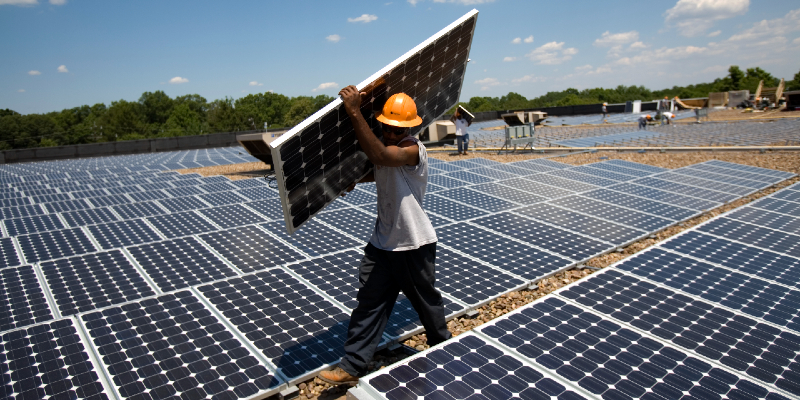By Isaac Atunlute
Nigeria and Angola, Africa’s two largest oil-producing countries, have long grappled with domestic energy shortages. Despite vast petroleum reserves, both countries have remained heavily reliant on imported refined fuels and faced persistent challenges with unstable electricity supply.
However, that is changing. The two countries have begun taking bold steps towards actual energy independence. Beyond simply boosting output, this strategy signals a shift in how energy is locally generated, refined, and consumed.
Although Nigeria produces as much as 1.5 million barrels of crude oil daily, it still imports more than 70% of its refined petroleum products. Millions of Nigerians in rural areas remain without reliable access to electricity.
In the same vein, Angola faces significant energy insecurity, worsened by decrepit refineries, policy gaps, and a historical dependence on foreign energy markets. With the removal of government subsidy, fuel remains unaffordable for many. Around 81% of families across Africa depend on biomass, such as wood and charcoal, for cooking.
Developing local capacity
One of Nigeria’s most ambitious projects is the Dangote Refinery in Lagos, the largest single-train refinery in the world, with a projected capacity of 650,000 barrels per day. While not yet operating at full scale, the refinery represents a strategic shift at reducing the country’s dependence on fuel imports.
In addition, the country is also investing in decentralised energy solutions. The Rural Electrification Agency (REA) has deployed solar mini-grids to provide power to communities, schools, clinics, and homes outside of the national grid. Its Nigeria Electrification Project has electrified over 1 million people with off-grid renewable energy.
In the same vein, Angola is ramping up its local refining capacity, particularly with its launch of Luanda Refinery and the development of new units in Cabinda and Lobito. With these investments, fuel imports, which once totalled over 2.7$ billion annually, will decline over the years.
Meanwhile, the country is also planning to expand national electrification by investing in hydroelectric power–already responsible for over 60% of Angola’s electricity supply.
The road ahead
Experts have noted some progress. According to Africa Energy Outlook, countries like Angola and Nigeria are starting to lean towards domestic stability rather than rely on exports. Today, local communities relying on solar energy, for example, enjoy enhanced business productivity, better health services, and lower generator expenses.
Nevertheless, challenges abound–from oil theft to corruption and slow regulatory change. But there’s an increasing level of local initiative, government accountability and public-private partnership.
With consistent leadership, transparent budgeting, and inclusive community involvement, the impacts of these energy reforms could be far-reaching.
Nigeria and Angola’s pursuit of energy autonomy is a determined leap in Africa’s broader quest for economic independence. By harnessing local resources for national electrification, these countries are lighting up the homes of millions who have waited far too long for reliable energy.
Nigeria and Angola, Africa's leading oil producers, have been dependent on imported fuels and face unreliable electricity supplies despite their petroleum reserves. They are now focusing on energy independence, tackling challenges like policy gaps and poor local infrastructure. Nigeria's Dangote Refinery and solar mini-grids from the Rural Electrification Agency show commitment to reduce fuel imports and improve accessibility to electricity. Angola is enhancing refining capacities and expanding hydroelectric power, which supplies over 60% of its electricity.
There is noted progress towards energy autonomy, with benefits like higher productivity and better health services from solar energy usage in communities. However, obstacles such as oil theft, corruption, and slow regulatory changes persist. Increased local initiatives, government accountability, and public-private partnerships are helping to overcome these challenges. The advancement towards energy reform promises transformative impacts for economic independence in Nigeria, Angola, and Africa as a whole.






